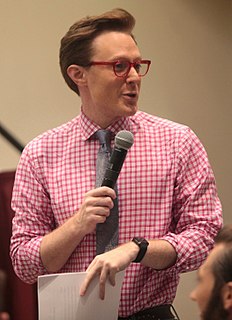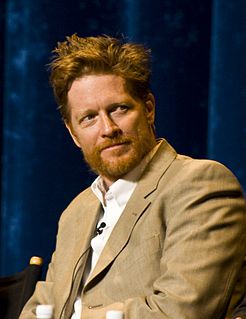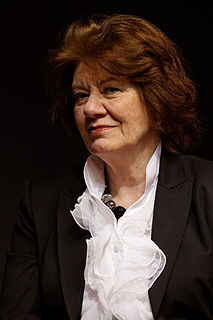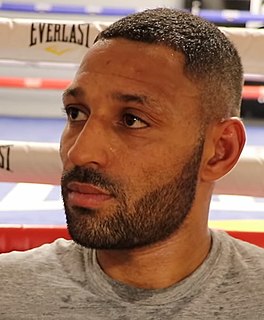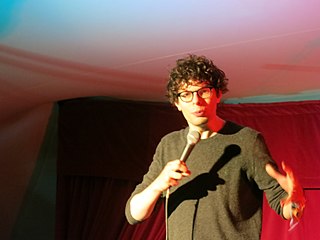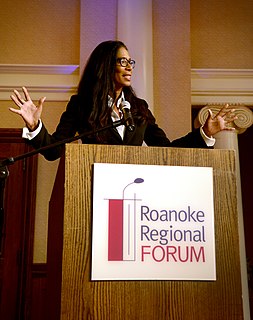A Quote by Dr. Seuss
I start drawing, and eventually the characters involve themselves in a situation. Then in the end, I go back and try to cut out most of the preachments.
Quote Topics
Related Quotes
I grew up with a pencil. A pencil was my computer at the time and so drawing, drawing, drawing and the tools of drawing where the usual ones and eventually then you graduated from the tools when the work increases and you start to draw by freehand as precise as possible and as accurate as possible, and I was pretty good at that.
Perseverance. I got cut twice. I got cut in Charlotte. I didn't have to go to Atlanta to audition. I could have said, "I'm not cut out for this." But I said, "I think I'm better than that, I can go try again." So I went to Atlanta and I made it through. Then I got cut the first time around. I could have told them I didn't want to come back for the Wild Card show but I did and look how far I got.
When I'm editing, I tend to cut, go back over it, cut, go back over it, cut, so by the time I'm done, even with a cut, I don't have a rough cut and then work on it so much. I have a pretty rigorous cut of the movie that's usually in the range of what the final movie is going to be. It doesn't mean I don't work on it a lot after that, but I get it into a shape so I feel I can really tell what it needs, or at least it's ready to show people.
I always start drawing any job by planning out to some degree the locales and trying to nail the characters. If they're existing characters, I'll draw them several times on rough paper just to get a feeling for them. The ideal when you're drawing a comic is to have everything in your head, not to have to refer to notes.
Usually when I finish the draft of a book, I'm sure I'll never write another one. I'm just that tired and sick of myself. But then another idea starts percolating. It usually begins with the narrator's name, then some idea that intrigues me about her life or situation. I try to ignore it as long as I can, because I know when I start writing, I'll be right back into it, every single day. But eventually, I just have to. It's a compulsion!
It's depression. You can't put it into words. You get stuck and time passes by. I'm stood there on the edge of a cliff, can't go back and can't go forward. Days go by. I'm still in the same place. Everyone else's life goes on, but you're stuck. You try and try and try and I don't know how, but you came out of it eventually.
The idea of a life plan, "I'm here now, where do I need to go to..." There's always "And then what?" And eventually the end of that "and then what?" is death. I've just learned that I can't have such a narrow focus as I did as a child, because there is no end point, and eventually you feel empty if you're not also nourishing other things: joy, love, relationships.
I think at some level, it's just alchemy that we, as writers, can't explain when we write the characters. I don't set out to create the characters - they're not, to me, collections of quirks that I can put together. I discover the characters, instead. I usually go through a standard set of interview questions with the character in the beginning and ask the vital stuff: What's important to you? What do you love? Hate? Fear? .. and then I know where to start. But the characters just grow on their own, at a certain point. And start surprising me.
If I can get the audience to connect with the characters emotionally - and they love who they are, they love the larger-than-life situation that they're in, but most of all get the audience invested in the characters - then I always feel like I can sort of put them in the most outrageous circumstances, and the audience is okay to go with that.




